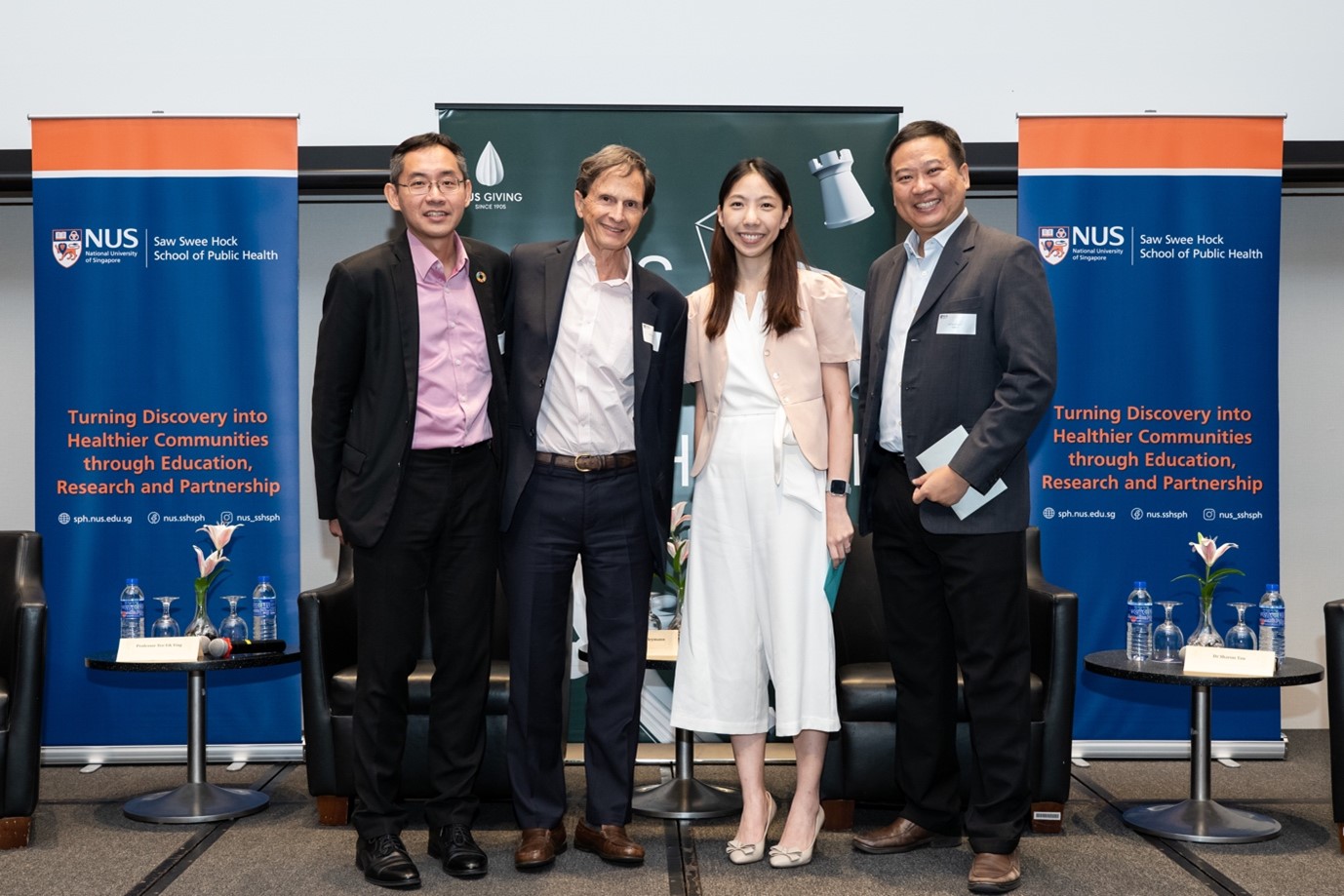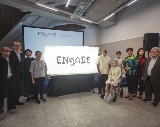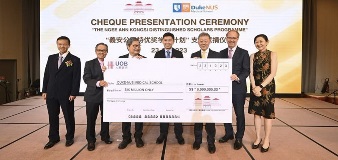Experts underlined the need to invest in public health systems in the wake of the pandemic.
 From left: Moderator Professor Teo Yik Ying, Dean of the NUS Saw Swee Hock School of Public Health; and Guest Speakers Professor David Heymann, Visiting Professor and Chair of the World Health Organisation’s Strategic and Technical Advisory Group on Infectious Hazards; Dr Sharon Tan, Research Fellow; and Associate Professor Jeremy Lim, Director of the Leadership Institute for Global Health Transformation.
From left: Moderator Professor Teo Yik Ying, Dean of the NUS Saw Swee Hock School of Public Health; and Guest Speakers Professor David Heymann, Visiting Professor and Chair of the World Health Organisation’s Strategic and Technical Advisory Group on Infectious Hazards; Dr Sharon Tan, Research Fellow; and Associate Professor Jeremy Lim, Director of the Leadership Institute for Global Health Transformation.
The COVID-19 crisis has exposed disparities in public health systems across Asia and underlined the need to invest in them, said experts from the National University of Singapore (NUS) Saw Swee Hock School of Public Health, during the recent NUS Giving Experience Leadership Series session titled, “Never Again!” Plugging the Health Systems Gaps in Asia.
During the session moderated by Professor Teo Yik Ying, Dean of the School, the experts delved into the importance of good health systems, and spoke about ways to strengthen them, including through partnerships with the private sector, and scholarships and training to fill the current workforce shortages by enabling more people to upskill and learn about the public health approach and tools.
Prof Teo explained: “Public health influences lives, not one at a time, but communities and populations at a time. Public health academia is also not just about research and education, but the translation of what we do into public health policies, programmes and practices.”
He went on to describe how work in public health includes topics such as prevention of disease, control, screening and evaluation of measures.
Dr Sharon Tan, a Research Fellow at the School, gave the example of Dr Phyo Wai Thaung, a medically-trained doctor who was treating HIV patients in Myanmar when he wondered if he could help more people at once rather than treat patients individually. He won a scholarship that gave him the financial support he needed to complete the Master of Public Health at the School, and is now able to apply the skills and knowledge he gained in his current job as a monitoring and evaluation manager at the United Nations Office for Project Services.
“He is helping more than one person at a time, by training healthcare workers and volunteers to ensure adequate manpower, strengthening supply change management and ensuring sustainable health financing for the most vulnerable ethnic communities. He helps to upgrade the infrastructure of health clinics and hospitals too,” shared Dr Tan.
Training more public health professionals has other benefits, said Professor David Heymann, a Visiting Professor at the School, and Chair of the World Health Organisation’s Strategic and Technical Advisory Group on Infectious Hazards.
“Public health post-doctorate programmes and executive training alumni keep in touch and are able to communicate amongst themselves when political leaders won’t, which helps them to understand what’s going on in the region and globally,” he explained.
Associate Professor Jeremy Lim, Director of the School’s Leadership Institute for Global Health Transformation, added that the School and others like it can help to improve public health systems across the world. He said: “We enable other countries’ citizens to get the education, relationships and opportunities they need to go back and strengthen their health systems.”

The guest speakers and moderator Professor Teo Yik Ying sat in a panel to field questions from the audience.
Citing the examples of COVID-19 and H1N1 monitoring and vaccine supplies, and the Health Promotion Board (Singapore)’s ‘nutri-grade’ food label regulation, the panellists noted that industry and private organisations are an important part of functioning health systems along with governments, public health academics and civil society; and working together will give the best results. Dr Tan expressed that staff and faculty in the school currently collaborate with civil society groups to highlight the needs of vulnerable groups, such as people with disabilities or rare diseases, to relevant government bodies.
“Industry plays an influential role in lifestyles and behaviours. As academics, engaging with different partners, including government and industry, is a much more realistic and effective way of operating in the public health sphere,” Prof Teo added, highlighting the importance of robust partnerships with various industry players.
“Public Health helps millions of people at a time, but when it is successful, we don’t realise that it is working. For example, we hear about public health these days during COVID-19 because many of the measures that were in place prior failed, and that’s why we needed to think of new ways – which we did. The team at Saw Swee Hock School of Public Health has made a big contribution by advising on public health measures for issues like COVID-19 and diabetes in Singapore and the region; and we will continue to train future public health leaders, for Singapore and beyond,” he concluded.
For further information on the NUS Giving Experience Leadership Series, contact the Events team at dvoevents@nus.edu.sg.






